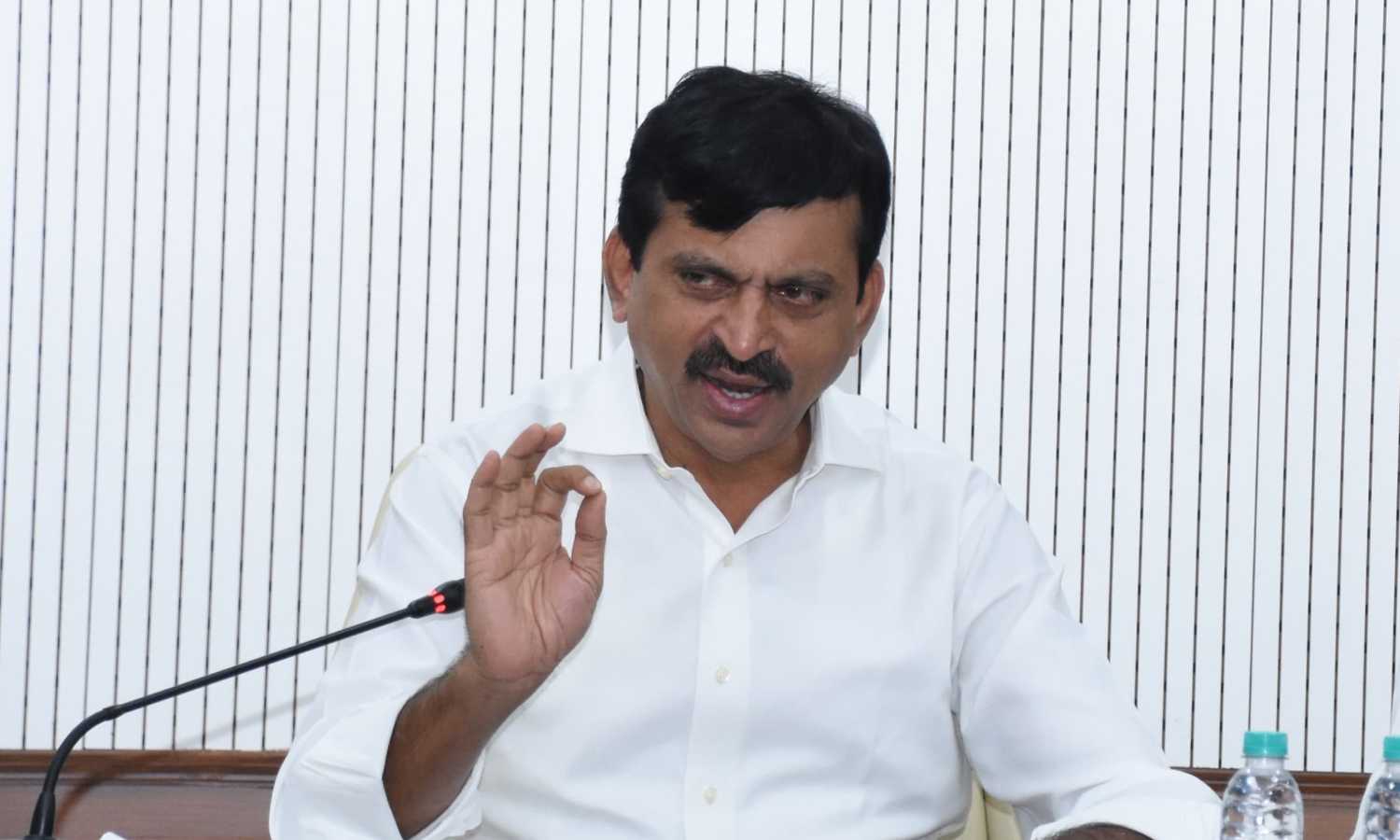HYDERABAD: The Telangana government is set to implement the Bhu Bharati Act starting next month, aiming to streamline land records management and resolve land disputes across the state. The administration is currently finalizing the necessary guidelines and administrative measures for its smooth execution.
In mid-February, Revenue Minister Ponguleti Srinivasa Reddy led a workshop with district collectors from four selected districts, Chief Commissioner of Land Administration (CCLA) Naveen Mittal, and other revenue officials. The primary agenda was to accelerate the finalization of the Record of Rights (RoR) Act, 2025 guidelines. Senior officials from the Revenue Department, including the architect of the Bhu Bharati Act, have been actively engaged in drafting these guidelines to ensure effective execution.
Currently, the draft guidelines are under review by CCLA Naveen Mittal, following which Minister Ponguleti Srinivasa Reddy will approve them. The Legal Department will then examine potential legal issues before forwarding them to Chief Minister Revanth Reddy for final approval. To prevent future discrepancies, senior officials are meticulously reviewing every detail of the guidelines.
Since the Bhu Bharati Act consists of 19 sections, the administrative machinery is being prepared in advance. Once the guidelines receive approval from senior government officials, they will be discussed in the Cabinet. Though a Cabinet resolution is not mandatory, it is customary to review any law before its enforcement. The government will then announce the specific dates for notifying different sections of the RoR-2025 Act.
There is a possibility that all 19 sections of the Act could be implemented simultaneously. However, if the required systems are not fully functional, the government may enforce the Act in phases, implementing certain sections first.
One of the critical provisions of the Act requires a survey map to accompany land registrations, necessitating the establishment of a system of licensed surveyors. Similarly, to enforce appeal procedures, additional preparatory measures must be undertaken.
Another significant provision mandates inquiries instead of automatic succession, meaning notices must be issued before succession rights are granted. This requires human resources for notice distribution, yet the Village Revenue Officer (VRO) system has not been reinstated, raising concerns about who will manage this responsibility. Thus, officials stress the importance of setting up the necessary administrative framework before the Act takes full effect.
Reinstating the Village Revenue System
The implementation of the Bhu Bharati Act requires a village revenue system, prompting the government to initiate efforts to reinstate former VROs and Village Revenue Assistants (VRAs). Authorities have invited interested individuals to return to the Revenue Department, but no significant progress has been reported.
Minister Ponguleti Srinivasa Reddy recently stated that the village revenue system would be established through written examinations, causing concern among former VROs. Many have expressed dissatisfaction, arguing that they were previously selected through public service commissions and questioning the need for new examinations despite their years of experience.
The Act specifies that functions like village account maintenance, inquiries, and notice issuance require personnel at the village level. Hence, the government faces pressure to reinstate or replace the VRO system before enforcing the Act.
Advanced Land Survey Plans and Budget Allocation
In preparation for implementation, the Telangana government is considering conducting a comprehensive land survey using advanced technologies. The survey aims to resolve long-standing land disputes and validate claims under agricultural schemes such as Rythu Bharosa.
A pilot project is under consideration, with the Revenue Department requesting a budget allocation of ₹1,000 crore. The survey may employ Real-Time Kinematic (RTK) technology and Global Positioning Systems (GPS) to enhance accuracy and transparency in land record management. Telangana also seeks to replicate the success of neighboring Karnataka, which has digitized 95% of its land records.
Transition from Dharani to Bhumata Portal
The Bhu Bharati Act will replace the existing Dharani portal with the Bhumata portal, under the amended Record of Rights (RoR) Act, 2024. This new system aims to streamline land transactions and address key concerns such as succession rights.
The updated Act will introduce land tribunals, appellate authorities, and provisions to regularize land ownership through ‘Sada Bainamas’ (plain paper transactions). The state government plans to table the RoR Act bill during the upcoming assembly session, expected in November or December.
The Telangana government remains committed to ensuring that all necessary systems and personnel are in place before implementing the Bhu Bharati Act. The initiative is expected to enhance transparency, efficiency, and fairness in land administration across the state.

